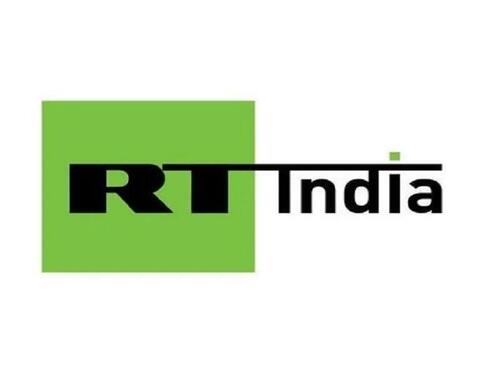India Won’t Capitulate To American Demands To Ban RT & Sputnik’s National Hubs
Authored by Andrew Korybko via Substack,
Compliance would amount to damaging its own soft power and grand strategic interests…
The Hindu cited unnamed government sources to report that “U.S. officials have spoken to the Ministry of External Affairs about joining their actions against what they call ‘Russian disinformation’, by revoking accreditations and designating their journalists under the ‘Foreign Missions Act’. However, while the Ministry has been silent on the issue, government officials said that the debate on sanctions is not relevant to India.” The US should have known that India wouldn’t ever capitulate to its demands.
The decades-long Russian-Indian Strategic Partnership has been rejuvenated over the past two and a half years since the special operation began after India stepped up to preemptively avert Russia’s potentially disproportionate dependence on China. Time and again, India has responded to American pressure to distance itself from Russia by redoubling their relations, which is predicated on accelerating tri-multipolarity processes with a view towards jointly midwifing complex multipolarity (“multiplexity”).
On the soft power front, a survey carried out by India’s prestigious Observer Research Foundation in late 2022 showed that their country’s youth regarded Russia as their most reliable partner. Meanwhile, a US-based global business intel company confirmed two months later that adults view Russia as the country most allied to their own. This backdrop explains why so many were confused over the summer when it was discovered that RT and Sputnik had shared inconsistent depictions of India’s territorial integrity.
That scandal was analyzed here, which drew attention to how both publicly financed international media flagships are editorially autonomous but were influenced in those examples by what can be described as Russia’s pro-BRI policymaking faction. This incident discredits the US’ subsequent allegation that those two operate as instruments of Russian intelligence since Moscow would never order them to doubt its Indian strategic partner’s territorial integrity and had nothing to do with those inconsistent depictions.
Prime Minister Modi’s trip to Moscow soon thereafter presumably addressed this “rogue” activity and will likely ensure that it’s not repeated now that Russian officials are probably aware of this scandal. RT and Sputnik are publicly financed, after all, and must therefore abide by their patron’s guidelines. This doesn’t mean that they’re “state-run”, let alone intelligence fronts, but just that they have an obligation to ensure that this doesn’t happen again considering that they’re supposed to advance state interests.
About those, not only do they concern full support for the entirety of India’s territorial claims, but they also involve analyzing and articulating a multipolar perspective on International Relations. It was explained here in spring 2022 that this worldview isn’t the product of “Russian propaganda” since the Global Majority’s interests align naturally align with it. This includes India’s, which appreciates the role that RT and Sputnik play in promoting their country’s geostrategic balancing act (“multi–alignment”).
Banning their national hubs like the US demanded would therefore have amounted to damaging its own interests, both in the soft power realm as was explained as well as in the grand strategic one by backstabbing Russia and thus forcing it more into China’s arms at India’s possible expense. As the self-declared Voice of the Global South, the world’s most populous country, and its fifth-largest economy, India is now a trendsetter, so others might be emboldened by its defiance of the US to follow its lead.
Tyler Durden
Tue, 09/17/2024 – 02:00


Recent Comments